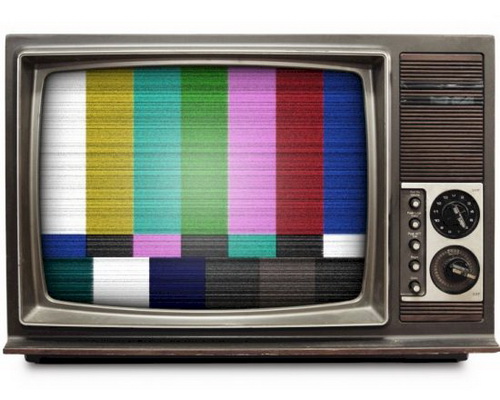bean
Do you want a can of beans for lunch?
a seed or a pod (=case containing seeds), that comes from a climbing plant and is cooked as food. There are very many types of beans

Do you want a can of beans for lunch?
Oxford Essential Dictionary
bean
noun
a seed, or a seed container, that we use as food:
green beans
coffee beans
Longman Dictionary of Contemporary English
bean
I. bean1 S2 /biːn/ BrE AmE noun [countable]
[Language: Old English]
1. a seed or a ↑pod (=case containing seeds), that comes from a climbing plant and is cooked as food. There are very many types of beans.:
baked beans
Soak the beans overnight.
kidney beans
green beans
2. a plant that produces beans
3. a seed used in making some types of food or drinks:
coffee beans
cocoa beans
4. be full of beans informal to be very eager and full of energy:
She’s full of beans this morning.
5. not have a bean British English informal to have no money at all
6. not know/care beans (about somebody/something) American English informal to not know anything or care at all about someone or something
⇨ spill the beans at spill1(3), ⇨ not amount to a hill of beans at hill(5), ⇨ jelly bean
Oxford Advanced Learner's Dictionary
bean
bean [bean beans] noun, verb [biːn] [biːn]
noun
1. a seed, or pod containing seeds, of a climbing plant, eaten as a vegetable. There are several types of bean and the plants that they grow on are also called beans
• broad beans
• runner beans
• beans (= baked beans ) on toast
2. (usually in compounds) a seed from a coffee plant, or some other plants
• coffee/cocoa beans
see also jelly bean
more at a hill of beans at hill, not know beans about sth at know v., spill the beans at spill v.
Word Origin:
Old English bēan, of Germanic origin; related to Dutch boon and German Bohne.
Example Bank:
• She grows her own broad beans.
• baked beans on toast
Idioms: full of life ▪ not have a bean
Word Origin:
Old English bēan, of Germanic origin; related to Dutch boon and German Bohne.
Cambridge Advanced Learner's Dictionary
Cambridge Advanced Learner's Dictionary - 4th Edition
bean / bin / noun [ C ]
A1 a seed, or the pod containing seeds, of various climbing plants, eaten as a vegetable:
green beans
kidney beans
baked beans
Coffee beans are the bean-like seeds of the coffee tree.
© Cambridge University Press 2013
Collins COBUILD Advanced Learner’s English Dictionary
bean
[bi͟ːn]
♦♦♦
beans
1) N-COUNT: usu pl, usu adj N Beans such as green beans, french beans, or broad beans are the seeds of a climbing plant or the long thin cases which contain those seeds.
2) N-COUNT: usu pl, usu n N Beans such as soya beans and kidney beans are the dried seeds of a bean plant.
3) N-COUNT: usu pl, usu n N Beans such as coffee beans or cocoa beans are the seeds of plants that are used to produce coffee, cocoa, and chocolate.
4) N-COUNT Beans are baked beans.
...sausage and beans.
5) N-SING If someone has not got a bean, they have no money at all. [BRIT, INFORMAL]
It's quite incredible to think that he now hasn't got a bean...
It doesn't cost a bean.
Syn:
penny
6) PHRASE: v-link PHR If someone is full of beans, they are very lively and have a lot of energy and enthusiasm.
Jem was full of beans after a long sleep.
7) PHRASE: V inflects If you spill the beans, you tell someone something that people have been trying to keep secret.
Merriam-Webster's Advanced Learner's Dictionary
1bean /ˈbiːn/ noun, pl beans [count]
1 a : a seed that is eaten as a vegetable and that comes from any one of many different kinds of climbing plants
• We ate rice and beans for dinner.
b : a part of a plant that contains very young seeds and that is eaten as a vegetable - see also green bean, pole bean, snap bean, string bean, wax bean
c : a plant that produces beans
• We're growing tomatoes and beans in our garden this year.
2 : a seed that looks like a bean but that does not come from a climbing plant
• coffee beans
• cocoa beans
• a vanilla bean
- see also jelly bean, jumping bean
a hill of beans
full of beans informal
1 : full of energy and life
• We were young and full of beans.
• Although she's much older now, she's still full of beans.
2 US : not correct or truthful : full of nonsense
• If that's what he's been saying, then he's full of beans.
not know beans about US informal : to not know anything about (something)
• He doesn't know beans about computers. [=he knows nothing about computers]
spill the beans informal : to reveal secret information
• I tried to get him to tell me what he knew, but he refused to spill the beans.







